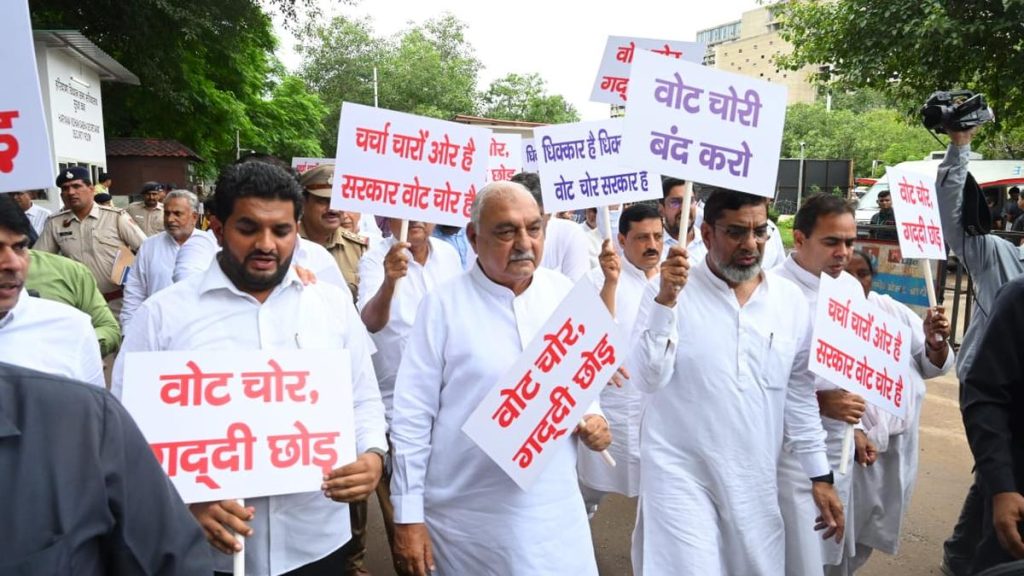Now Reading: Children Facing Starvation in Gaza Clinics, Warns WFP Official
-
01
Children Facing Starvation in Gaza Clinics, Warns WFP Official
Children Facing Starvation in Gaza Clinics, Warns WFP Official
rapid Summary
- The Integrated Food Security Phase Classification (IPC) has officially declared a famine in Gaza,making it the first-ever famine recorded in the Middle East.
- Carl Skau, Deputy Executive Director of the World Food Program (WFP), stated that malnutrition and starvation are at critical levels in Gaza, particularly among children and mothers.
- WFP reports that 60-100 trucks are entering Gaza daily with food aid, but at least 600-700 trucks are required to meet the needs of its population of 2.1 million.
- global humanitarian funding has decreased by approximately 40% compared to last year,exacerbating existing food security challenges fueled by trade wars and high costs from conflicts like the Ukraine war.
- Critical hunger crises globally: Sudan faces its worst crisis as Ethiopia’s 1980s famine with around 25 million acutely food-insecure populations; Myanmar struggles with access issues for over 10 million people; Afghanistan’s aid coverage has dropped considerably due to funding cuts.
- In Bangladesh’s Rohingya refugee camps, funds remain only until November amidst growing displacement due to conflict within Myanmar.
- Mr. Skau highlights India as a key partner for addressing global food security challenges owing to its successful domestic initiatives against malnutrition and surplus capacity to assist other nations.
Indian Opinion Analysis
The report underscores a global emergency regarding hunger with simultaneous crises across multiple regions like Gaza, Sudan, myanmar, Afghanistan, and Bangladesh requiring immediate attention. Given such challenges compounded by reduced humanitarian funding and geopolitical tensions affecting supply chains severely aggravate an already dire situation.
India’s recognition as both an inspiration for innovative anti-malnutrition efforts domestically and as a potential contributor internationally is significant here-it reflects its evolving leadership in addressing global hunger issues while acknowledging room for improvement in nutritional standards at home.As climate shifts exacerbate vulnerability outcomes sustainability And shared-responses prioritizing scale-built programs Address grassroots data

























